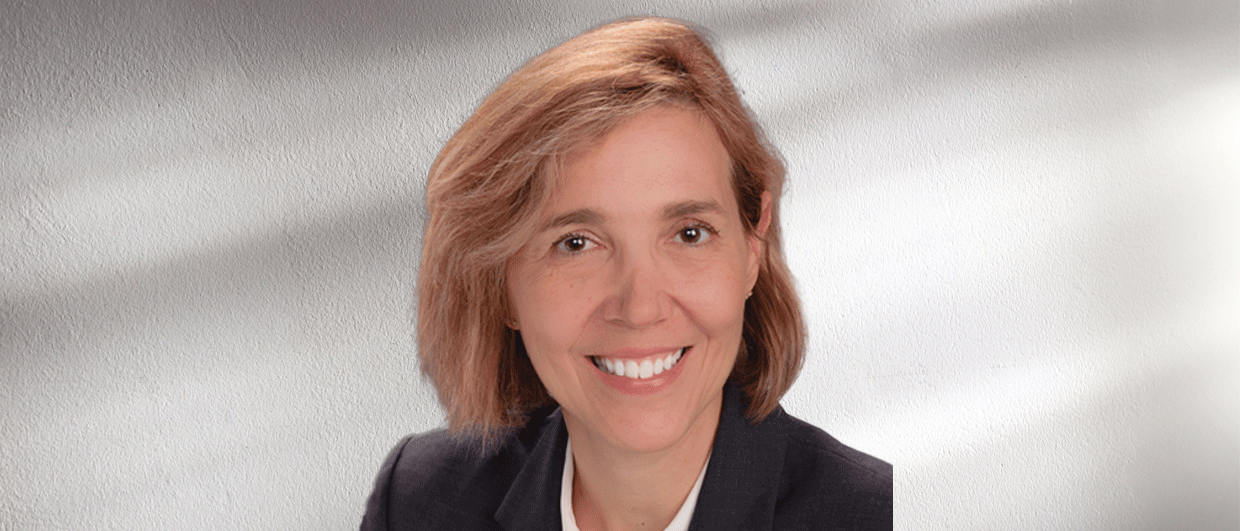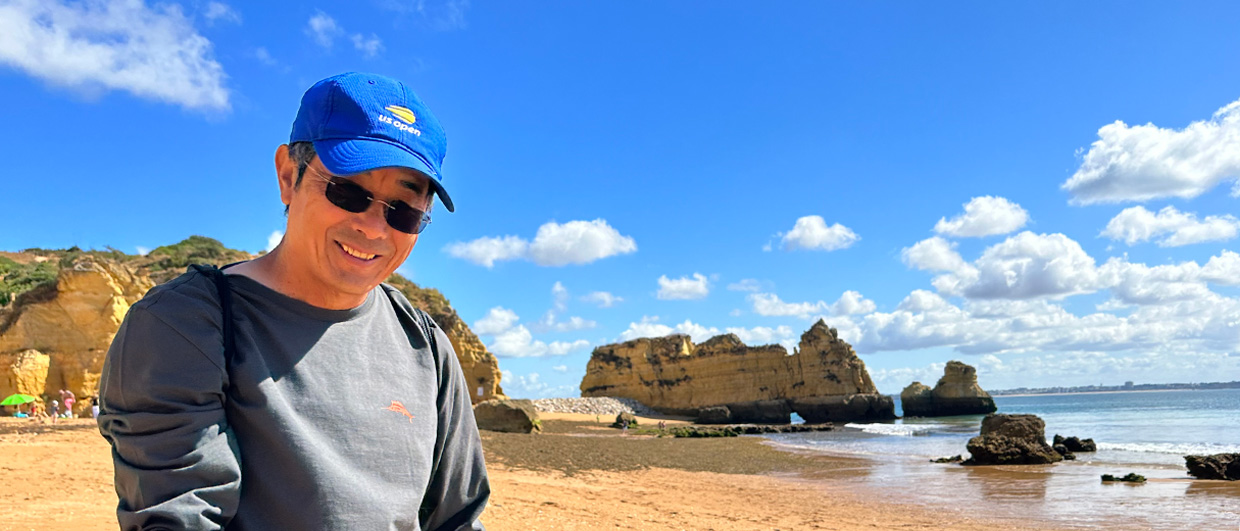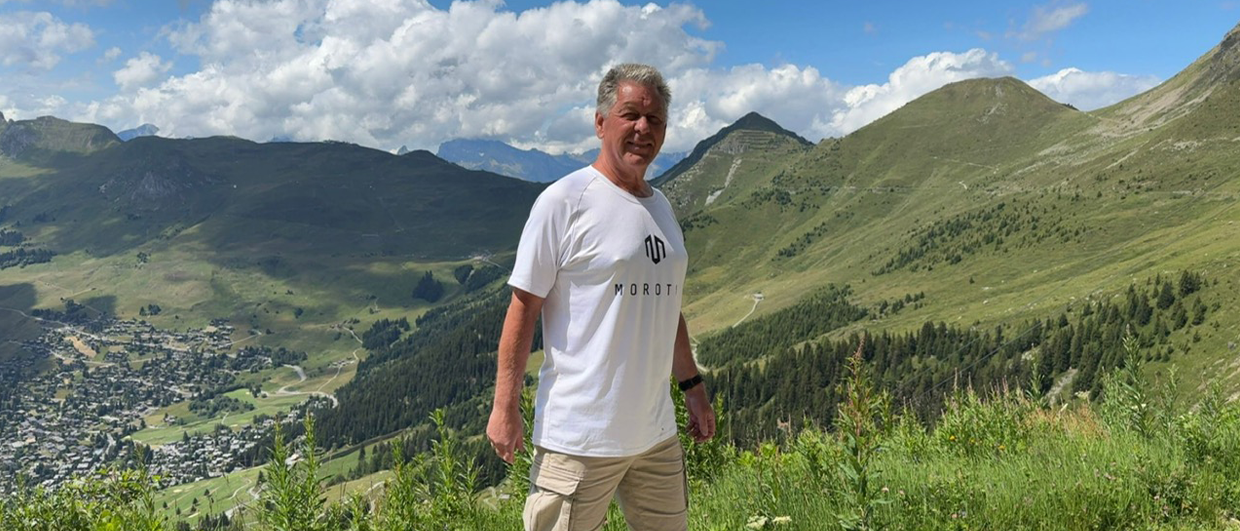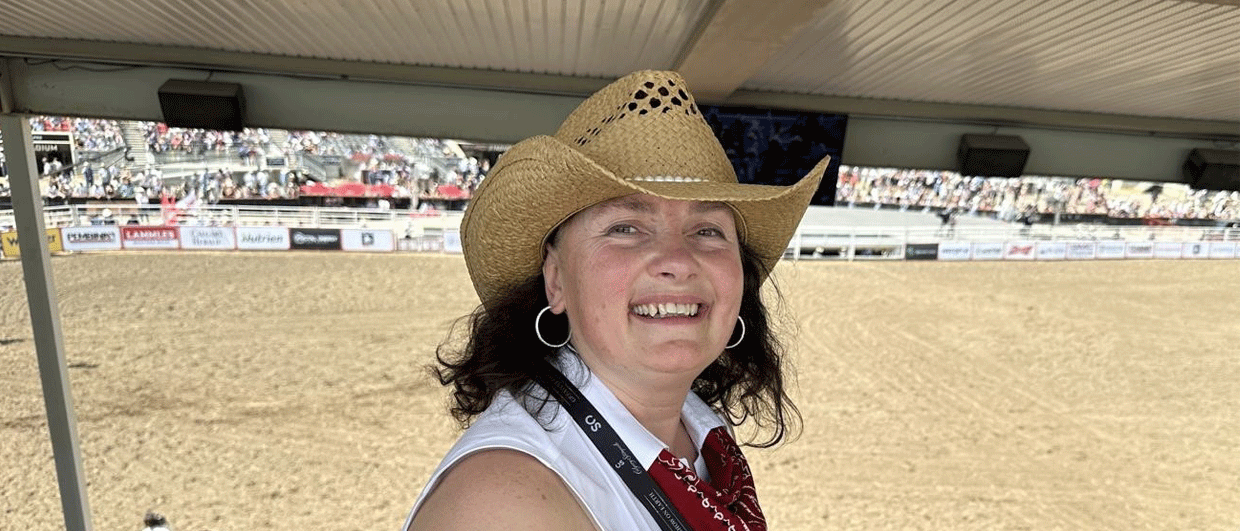The collapse in oil price, Covid-19 pandemic and energy transition have created a tough business environment during her near four-year tenure in this role, but also created opportunities. In this interview, Sophie talks about CGG’s path into the future.
Geoscience expertise is a core CGG strength. How will CGG capitalise on this resource in the race to net zero?
Yes, we have a lot of geoscientists at CGG! We currently have around 1,200 Masters and PhDs across our various disciplines within geoscience and we are very proud to be a geoscience technology leader. Geoscience, together with our advanced technical capabilities, is central to the energy transition. This combination of technology and skills within the geosciences will provide the insights necessary to fully understand, navigate and optimise our approach across many of the energy transition challenges.
At CGG, along with our core businesses that support the efficient and responsible discovery and development of oil and gas, which will be required throughout the transition, we can see that our geoscience and technical expertise, along with our earth data library, are, and will continue to be, critical for many efforts around the ‘race to net zero’. This includes: cloud-based high performance computing (HPC), environmental monitoring, growth of minerals and mining to access the critical minerals required to support the energy transition, the development of geothermal energy and the industrialisation of carbon capture, utilisation, and sequestration (CCUS) to reach the scale required.
As the first female CEO in CGG’s 90-year history, what do you think is required to introduce more diversity into the energy industry?
It is a tough challenge, and I have spent a lot of time understanding the ‘issue’, because at the end of the day, it is not right, and we should have more females in senior management roles across our industry. I believe it starts with recruiting, where there is a gender imbalance at the university level in the disciplines that we require, and because of this, getting more than 30-40% female recruits is difficult. After that, women get promoted at a lower rate than men, unless companies make the effort to correct the selection biases. That is how an industry ends up with around 20% female in mid-management and less than 10% at senior management levels. One action that many companies have taken is to ensure candidates from both genders are considered for any promotion. At CGG we currently have 24% women in our most senior positions, which places us very well within our sector, and are taking actions to ensure we increase that number moving forward. Our ultimate ambition is to match the overall percentage of women in the company, which is closer to 30%.
As an industry, we must make it clear that we are committed to gender diversity and take all the actions needed to reduce biases and create an inclusive and equitable environment. In our industry, we have the added complexity of being very international, and considerations around diversity vary country by country and by culture.
I will finish by saying that the need to consider diversity goes beyond gender, as it also includes ethnicity, national origin, age, cultural identity, and sexual orientation. Being inclusive allows us to tap into the best talents to drive our success, as well as best support our diverse clients.
CGG is repurposing its business and has sold its seismic and multi-physics acquisition and geosoftware businesses in recent times. How do these divestments, particularly the software sale, fit into CGG’s long-term strategy?
We engaged back in 2018 in our own transition, recognising that our markets were evolving, and that we needed to define our own path into the future. We have become asset-light after exiting the acquisition businesses (Land, Marine and Multi-Physics), and are focusing on our three core businesses of Geoscience, Multi-Client and Equipment where we are differentiated, have less HSE exposure, including greenhouse emissions, and have leading technology/market positions.
GeoSoftware is a specialised commercial software business with the brands of Jason and HampsonRussell. They enjoy a leading position in a particular part of the larger upstream subsurface software market. We realised that to become a significant player in the commercial software business and expand beyond seismic reservoir characterisation, we would need to make large investments in a commercial software platform and expand into other parts of the E&P workflow, and this is a very crowded market.
Instead, we decided to divest GeoSoftware and focus on our data, equipment and services businesses in geology and imaging, identifying opportunities to invest in the technology required, including HPC and advanced software that supports our services, so that we could further differentiate these and leverage our unique and leading capabilities to expand into adjacent and rapidly growing areas, such as digital or environmental sciences.
In line with most of the industry, CGG has had to significantly reduce its headcount. As the business environment improves post-pandemic, what challenges, if any, do you see in re-staffing?
It is always a difficult decision to reduce our personnel as we have strong professionals that give the company their best. We also invest heavily to train and develop our people. Recognising that it would take several years before the business recovered to the same level as 2019, we did make the decision to reduce staff. However, in our model, we never stopped recruiting entirely, as our skill sets are constantly evolving. This also helps as we start ramping up, as we already have the people and processes in place to bring new employees on board. While we see increased competition from the large tech companies, we are generally able to attract talented profiles to CGG, because we are known for operating at the cutting edge of what is possible in computational science, including IT, software, and imaging algorithms. Today we have some of the largest HPC capabilities in the world. As a recent graduate and scientist, I remember being attracted by the technology challenges that a company could offer me, and I think this still holds true for those entering the industry.
The oil and gas industry faces significant challenges and opportunities. How do you see CCG adapting as integrated oil companies strive to become integrated energy companies?
It is clear that the energy transition is here, progressing rapidly, and that our industry is embracing the future. This is excellent to see. Capital is being heavily injected and reallocated by the E&P companies, into solar, wind and batteries, which are the new energies attracting most investments right now. Geothermal is also receiving more interest and it will be important to watch technology trends closely, especially for breakthroughs around geothermal energy from shallow sedimentary basins.
In parallel, it is equally critical to recognise that for an effective, well-managed and equitable energy transition, the responsible management of oil and gas will remain vital for decades to come. At CGG, along with our core businesses, which support the efficient and responsible discovery and development of oil and gas, we have decided to develop new businesses in rapidly growing sectors that are adjacent to our existing businesses, leverage our capabilities, and support our clients’ challenges. These include digital sciences – to help our clients extract the most from their subsurface data and provide the cloud-based HPC needed for the most advanced algorithms; energy transition – which includes technologies and services for CCUS, geothermal and mining; environmental sciences – where we leverage our HPC and artificial intelligence lab capabilities along with our earth science expertise to provide data analytics-driven intelligence to monitor and mitigate environmental risks; structural and earthworks monitoring – solutions that utilise our sensor, acquisition and monitoring expertise and technology to deliver systems for the continuous monitoring of the physical integrity, and to extend the life of structures, such as rail tracks, buildings, or bridges; and finally, our earth data library, because data provides the foundation for good decisions.
These new business initiatives, where we currently employ around 150 people and are expanding, represent an increasing share of our total revenue and provide an avenue for the growth and development of our employees.
You were appointed a director of TechnipFMC earlier this year. Given the synergies with CGG, do you see benefits in future collaborations with Technip?
TechnipFMC is a great company, and I am very honoured to be a director. They are a leading technology provider both in the traditional and new energies industry, delivering fully integrated projects, products, and services. They operate in many of the same geographies that CGG does, and often with the same clients as ours, but the procurement for their products and services is fairly disconnected from the procurement of geoscience products and services and we do not work with the same groups within our clients’ organisations. Of course, we could collaborate where it makes sense, on a case-by-case basis.
Where do you see CGG in 2031 on its 100th anniversary?
Wow! It is amazing to think that CGG has been celebrating its 90th anniversary this last year! During that timeframe we have seen oil production grow from virtually nothing to 100M barrels of oil/day, offering affordable energy around the world, playing a key role in global economic growth over the decades, and now a key concern in global warming that must be urgently addressed.
In a way, I find it even more remarkable that CGG has remained, all that time, in geoscience, which is very exposed to industry cycles. During this time, CGG expanded the range of its products and services from land acquisition to processing to equipment. We also moved offshore, developed the multi-client business model and expanded from a focus on the seismic market, to covering the full spectrum of geoscience technology and expertise.
Today, through our recent strategic journey, we are now an asset-light technology company, focused on our leading and differentiated businesses of Geoscience, Multi-Client and Equipment. Looking forward, I see our future continuing to be strong in geoscience, a lot more digital and expanding significantly into other areas and industries which I’ve already mentioned.
Last year we changed our branding and updated our tag line to ‘See things differently’. This is because we believe we have a unique perspective on our planet, thanks to our people and technology. Along with the importance of our geoscientists, this change also recognises the importance of the rapidly evolving trends in IT and HPC, which push forward the limits of the problems we can solve.
I am confident that we have the brains and the capability to create a positive future in these changing times, and in these rapidly growing new markets, while remaining true to our technology and geoscience history. I look forward to our 100th anniversary and seeing just how far CGG will have progressed along its continued journey.





